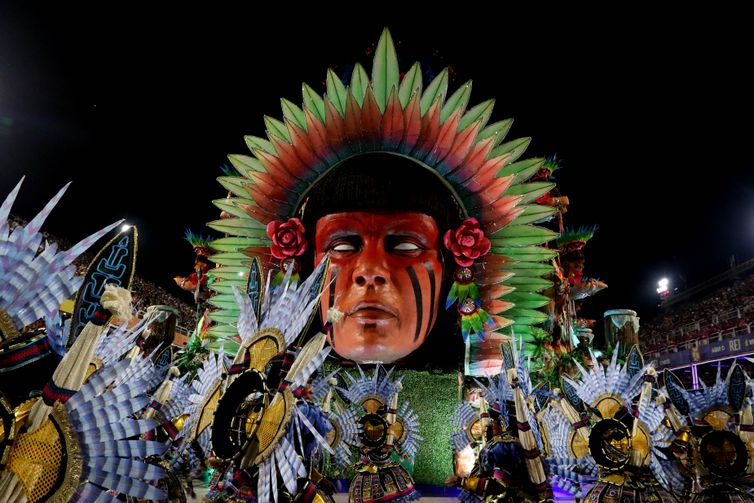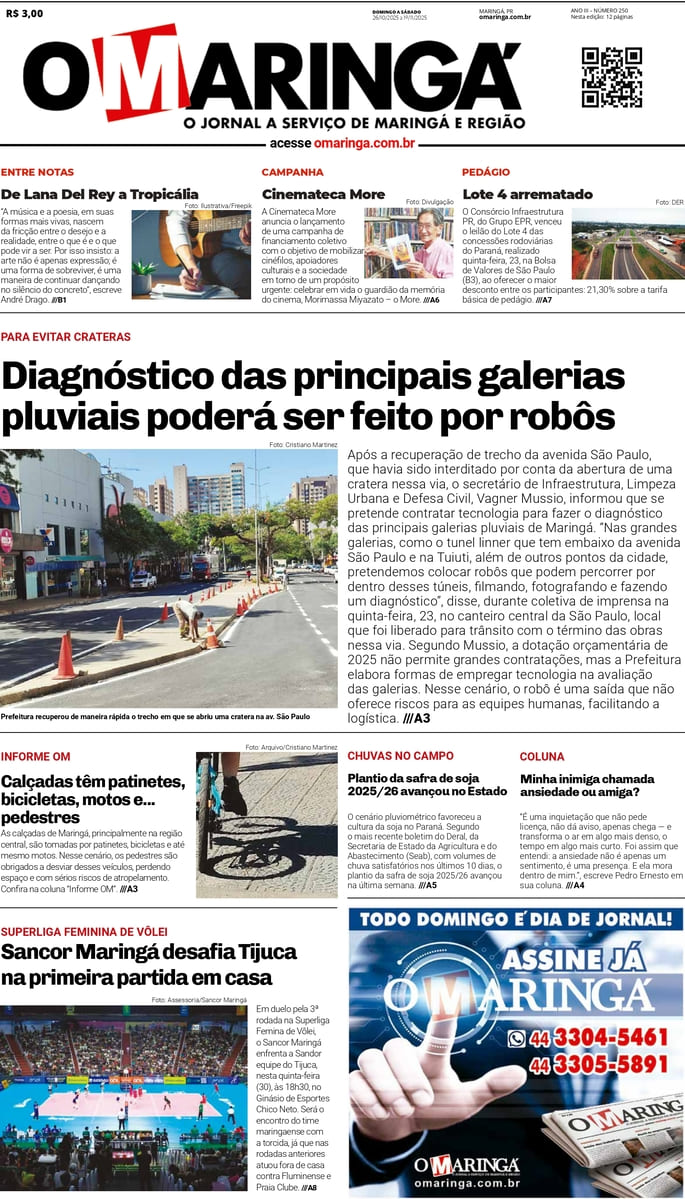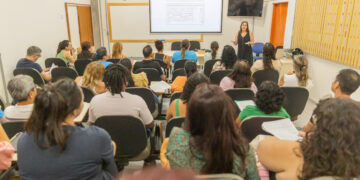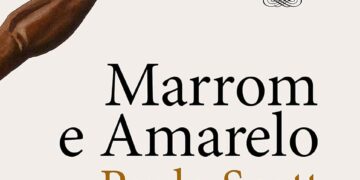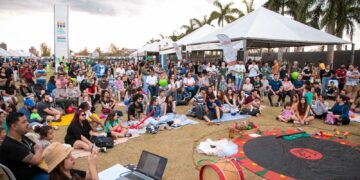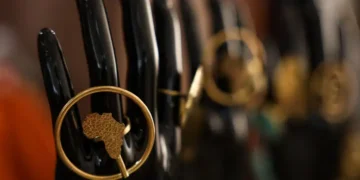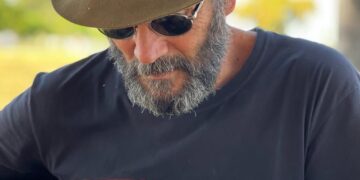A good story can unfold in various forms, languages, and rhythms. In books, it unfolds slowly, meticulously, often engaging the eyes and thoughts. When conveyed through music, especially in a samba-enredo—a song composed for a samba school parade—it condenses into short, rhyming verses that set the body in motion at a brisk pace. This sensory and intellectual experience is what spectators have witnessed in the parades at Marquês de Sapucaí, Rio de Janeiro’s sambadrome, during this year’s carnival. At least five samba schools drew inspiration for their storylines and floats from literary works.

Author Alberto Mussa was among the writers whose books served as a reference in the sambadrome. A carnival enthusiast, he grew up in a family deeply connected to Rio’s carnival associations.
His uncle, known as Didi, composed sambas for the União da Ilha and Salgueiro samba schools, including popular songs like “É Hoje” and “O Amanhã.” Mussa has been a fan of these two schools since childhood but also supported Grande Rio in 2024. The school, located in the metropolitan region of Rio de Janeiro, has chosen his book “Meu Destino é Ser Onça,” released in 2009, as the main inspiration for its samba-enredo.
“There are numerous classics of Brazilian literature that have influenced this universe, and suddenly finding myself on this list is a source of great pride and immense happiness,” said Mussa.
Mussa’s book is based on records of Tupinambá indigenous culture from the 16th and 17th centuries, particularly those made by Friar André Thevet in 1550, to reconstruct what would have been the original text of an indigenous narrative. He expressed satisfaction in seeing the book’s ideas translated into a samba storyline.
“I thought it was very well done. The samba obviously doesn’t cover the whole book, and the plot isn’t solely about the book either. It goes further, broadening the vision of the jaguar, extending beyond the Tupinambá universe to include other South American cultures. They came up with a very clever plot solution. It begins with the myth of the creation of the world. The end of the samba coincides with the end of the book, which is the possibility of final destruction, when the jaguar eats the moon.”
Other storylines
Other samba schools found inspiration in literature as well. Portela’s theme is based on the book “Um Defeito de Cor,” published in 2006 by writer Ana Maria Gonçalves. The book tells the saga of Kehinde, a black woman kidnapped in the Kingdom of Dahomey, now Benin, Africa, at the age of eight and brought to Bahia state, where she was enslaved.
This story addresses important themes such as the exploitation of Africans and their descendants in the diaspora, as well as the struggles and resistance over eight decades in Brazil. The protagonist, Kehinde, is inspired by Luísa Mahin, who is believed to have been the mother of poet Luís Gama and participated in the famous Revolt of the Males, a movement led by enslaved Muslims advocating for abolition.
“The Fall of Heaven“, a book by Yanomami indigenous writer Davi Kopenawa and anthropologist Bruce Alberts, serves as the main reference for Salgueiro’s parade. The school has created a samba dedicated to exalting Yanomami mythology and defending the Amazon. The theme is presented under the title “Hutukara,” which in the Yanomami language means the original sky from which the earth was formed.
The parade has also addressed topics such as global warming and deforestation, as well as the thousand-year history of the Yanomami in the country’s largest indigenous land, located in the states of Amazonas and Roraima, in the Rio Negro and Rio Branco basins.
Porto da Pedra samba school, from São Gonçalo, presented a samba-enredo entitled “Lunário Perpétuo: A Profética do Saber Popular.” It is a reference to the medieval almanac, written in Spain around the 14th century, which arrived in Brazil 200 years later. It became a guide to local medicine, agriculture, and livestock farming and, despite being more widely circulated among the wealthier classes, it began to have some reach among the poorest, especially in the Northeast region of Brazil.
Imperatriz Leopoldinense, Carnival champions in 2023, have prepared the theme “Com a Sorte Virada pra Lua segundo o Testamento da Cigana Esmeralda.” The lyrics are based on a cordel—a type of Brazilian literature—written over 100 years ago by poet Leandro Gomes de Barros, from Paraíba state. The story revolves around a gypsy woman who leaves behind a will, which serves as a manual for fortune-telling, dream interpretation, astrology, and predicting the future.
Crédito arquivo Nacional EBC
Leia Mais em: O Maringá

